South Africa stands at a pivotal juncture in its economic development. With a dynamic mix of challenges and opportunities, the nation’s future depends on its ability to foster sustainable growth, create jobs, and drive innovation. Among the various strategies to achieve these goals, local innovation emerges as a key driver for reshaping South Africa’s economic trajectory.
Harnessing Local Innovation for Economic Growth
Local innovation refers to the development of ideas, technologies, and solutions that are uniquely tailored to address the specific needs and challenges of a particular region. In South Africa, this approach holds immense potential for stimulating economic growth, enhancing trade and investment, and improving the overall business environment.
Economic growth in South Africa has been uneven, with GDP growth rates fluctuating over the years. However, fostering local innovation can provide a more stable foundation for long-term growth.
By leveraging the creativity and resourcefulness of South Africans, the country can develop solutions that not only address local challenges but also create opportunities for global competitiveness.
Key Sectors for Innovation
Several sectors in the South African economy are ripe for innovation:
- Renewable Energy: As the global energy landscape shifts towards sustainability, South Africa can harness its abundant natural resources to drive innovation in renewable energy. Solar, wind, and hydroelectric power projects can reduce dependence on fossil fuels, create jobs, and contribute to GDP growth.
- Agriculture and Agritech: Agriculture remains a cornerstone of South Africa’s economy. Innovations in agritech, such as precision farming and drought-resistant crops, can boost productivity, ensure food security, and open new avenues for trade and investment.
- Technology and Digital Transformation: The rise of the digital economy presents South Africa with opportunities to develop locally-driven technological solutions. From fintech to e-commerce, local innovation can enhance economic development in South Africa by modernizing industries and expanding access to global markets.
- Healthcare: Innovative healthcare solutions, particularly in response to local health challenges, can improve quality of life while reducing the economic burden of disease. Advances in telemedicine and locally manufactured pharmaceuticals can address both urban and rural needs.
- Infrastructure Development: Local innovation in infrastructure planning and construction can support national development plans. By integrating smart technologies and sustainable materials, South Africa can improve urban planning and connectivity while fostering economic growth.
Unpacking the 11 Official Languages in South Africa .. Read more!
The Role of Public and Private Sectors
Both the public and private sectors play critical roles in driving local innovation. The government, through national development plans and support from institutions like the South African Reserve Bank and the Development Bank, can create policies and incentives that foster an innovation-friendly environment. Investments in education, research, and infrastructure are essential to nurture talent and enable the scaling of innovative solutions.
The private sector, on the other hand, brings agility and risk-taking capabilities. Collaboration between businesses and startups can accelerate the commercialization of new ideas, create jobs, and boost the South African economy. Foreign investment can also play a pivotal role, as international companies often bring expertise and capital that can complement local efforts.
Overcoming Challenges to Innovation
Despite its potential, local innovation in South Africa faces several challenges:
- Access to Funding: Many innovators struggle to secure the funding needed to develop and scale their ideas. Expanding access to finance through public and private partnerships can address this gap.
- Regulatory Barriers: Complex regulations can stifle innovation. Streamlining processes and creating clear guidelines will encourage more entrepreneurs to enter the market.
- Skills Development: South Africa must invest in education and vocational training to build a workforce capable of driving innovation. This includes fostering STEM (Science, Technology, Engineering, and Mathematics) skills.
- Infrastructure Deficiencies: Reliable infrastructure is critical for innovation. Improving transport, energy, and internet connectivity will support both urban and rural innovators.
- Inequality: Economic inequality in South Africa remains a significant hurdle. Inclusive innovation strategies are essential to ensure that the benefits of growth reach all South Africans.
The Long-Term Vision for Economic Development
In the long term, local innovation can position South Africa as a leader within the Southern African Development Community (SADC) and beyond. By addressing local needs and leveraging regional strengths, South Africa can drive inclusive growth that benefits the broader community.
Collaboration with international institutions like the International Monetary Fund (IMF) and fostering trade agreements within the SADC can amplify these efforts. With consistent GDP growth and a supportive business environment, South Africa can attract foreign investment while strengthening its position in global markets.
Conclusion
The future of South Africa’s economic development hinges on its ability to innovate locally. By addressing the unique challenges and opportunities within its borders, South Africa can unlock new pathways for growth, enhance its global standing, and ensure a prosperous future for all South Africans.
With a collaborative effort between the public and private sectors and a focus on key areas like renewable energy and technology, the nation can chart a course toward sustained economic success.
Expand Your Reach with AfroLingo: Premier Translation and Interpretation Services
AfroLingo is a professional South African translation and localization company. In a very short time, AfroLingo has developed a reputation as a reliable and expert translation and interpretation service in South Africa. Our commitment is to on-time and on-target deliveries, every time. We offer 100% confidentiality and professional services.
You’ll be dealing with one of the best translation companies in South Africa that understands that time is money, and, hence, will establish a deadline that works. Therefore, our professional translators and project managers are available 24/7.
If you are looking for a translation agency that provides the most affordable translation services and the fastest turnarounds, look no further than Afrolingo! Request a quote now!
FAQs: Local Innovation and South Africa’s Economy
What is local innovation, and why is it important for South Africa?
Local innovation refers to the development of solutions tailored to the specific challenges of a region. For South Africa, it’s crucial to address local needs, create jobs, and drive sustainable economic growth.
How can renewable energy contribute to South Africa’s economic growth?
Renewable energy projects can reduce reliance on fossil fuels, lower energy costs, create jobs, and position South Africa as a global leader in green technology, thereby boosting GDP and trade.
What role does the public sector play in fostering local innovation?
The public sector can support innovation through policies, funding, infrastructure investment, and partnerships with private entities. Institutions like the South African Reserve Bank and the Development Bank are instrumental in this effort.
How can private sector involvement accelerate innovation?
The private sector brings investment, expertise, and a results-driven approach to innovation. Collaborations between businesses, startups, and international investors can lead to faster commercialization and economic growth.
What are the long-term benefits of focusing on local innovation?
In the long term, local innovation can drive sustained economic growth, improve the business environment, and enhance South Africa’s competitiveness in global markets, contributing to national development goals.







